2024 Eugene A. Stead Jr. Lifetime Achievement Award Recipient Has Strengthened the PA Profession Through Service and Research
Richard Dehn is a Provider, Educator, Mentor, and Prolific Researcher
May 16, 2024
By Sarah Blugis
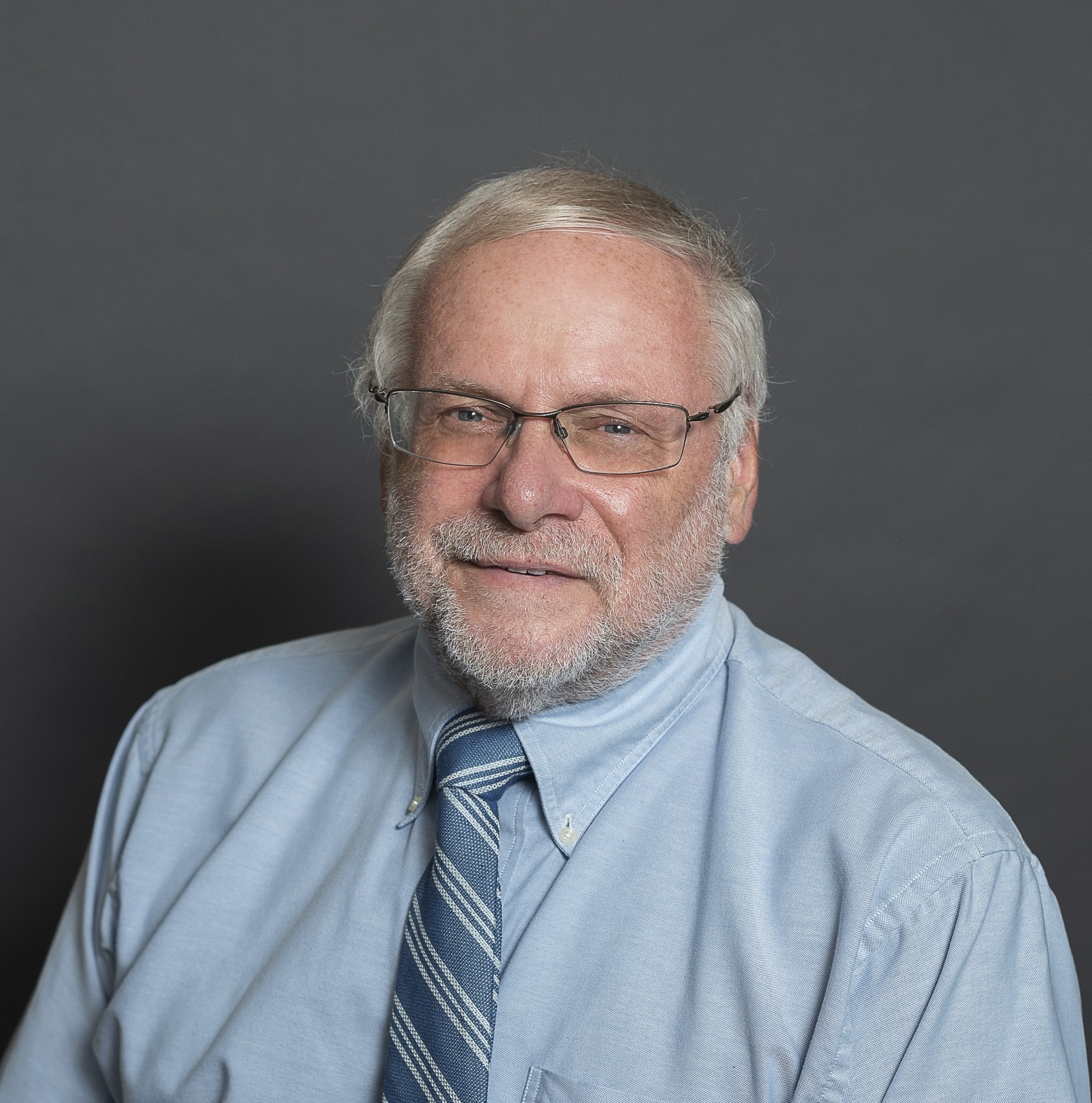
Richard Dehn, MPA, PA-C, DFAAPA, is the 2024 recipient of the Eugene A. Stead Jr. Lifetime Achievement Award. Throughout his 47 years as a PA, Dehn has dedicated his career to strengthening the profession through service and research. As a primary care provider, educator, mentor, and prolific researcher, Dehn has made significant contributions to the PA profession.
[Watch a video highlighting his accomplishments]
In the early 1970s, Dehn had just finished his history degree at the University of Iowa. A friend from his small rural town, who was in medical school, told him about a new type of two-year program the medical school was developing—one that intrigued Dehn. Right away, to help meet the program’s requirements, he took a job as a graveyard shift emergency department orderly while at the same time, studying full time for the required science coursework. And in 1974, Dehn was admitted to the third class of the University of Iowa PA program.
Since then, Dehn has had a significant and long-lasting impact on the profession, particularly in research. An advocate for and avid champion of PA-led research, he is a well-known figure in the community of PA researchers—which sees him as a leader and an inspiration.
The Eugene A. Stead Jr. Lifetime Achievement Award honors a lifetime of achievement that has had a broad and significant impact on the PA profession. It is AAPA’s most prestigious award.
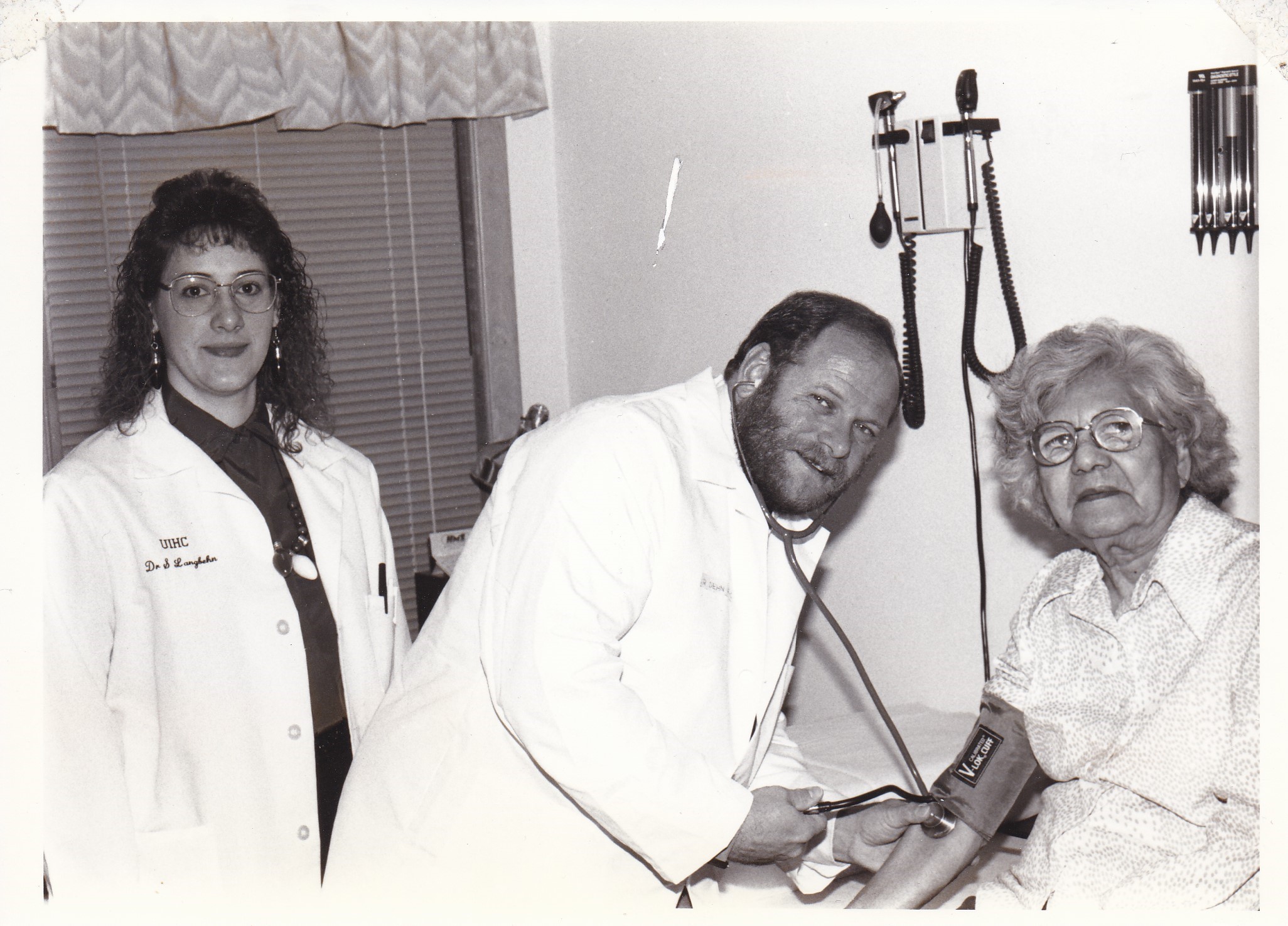
Not long after graduating from PA school in 1976, Dehn entered primary care. For over 30 years, he treated underserved populations, including migrant farm workers and their families, and residents of rural communities. Passionate about elevating the PA role in primary care, Dehn has obtained substantial grant funding to support PA workforce training, including a significant grant from the Health Resources and Services Administration grant to support PA training in primary care.
“I find that working in teams with others to make systems work better, and to help alleviate suffering by addressing existing injustices, are my most important responsibilities as a PA,” Dehn says.
Throughout his career, Dehn has been involved with research—beginning with his very first clinical position in the University of Iowa department of surgery. As a PA in the burn unit, along with caring for patients, he took on research responsibilities. But that was just the beginning. Dehn is now considered a prolific researcher whose contributions to research, policy, and scholarship include more than 170 publications, books and book chapters, presentations, and other scholarly works.
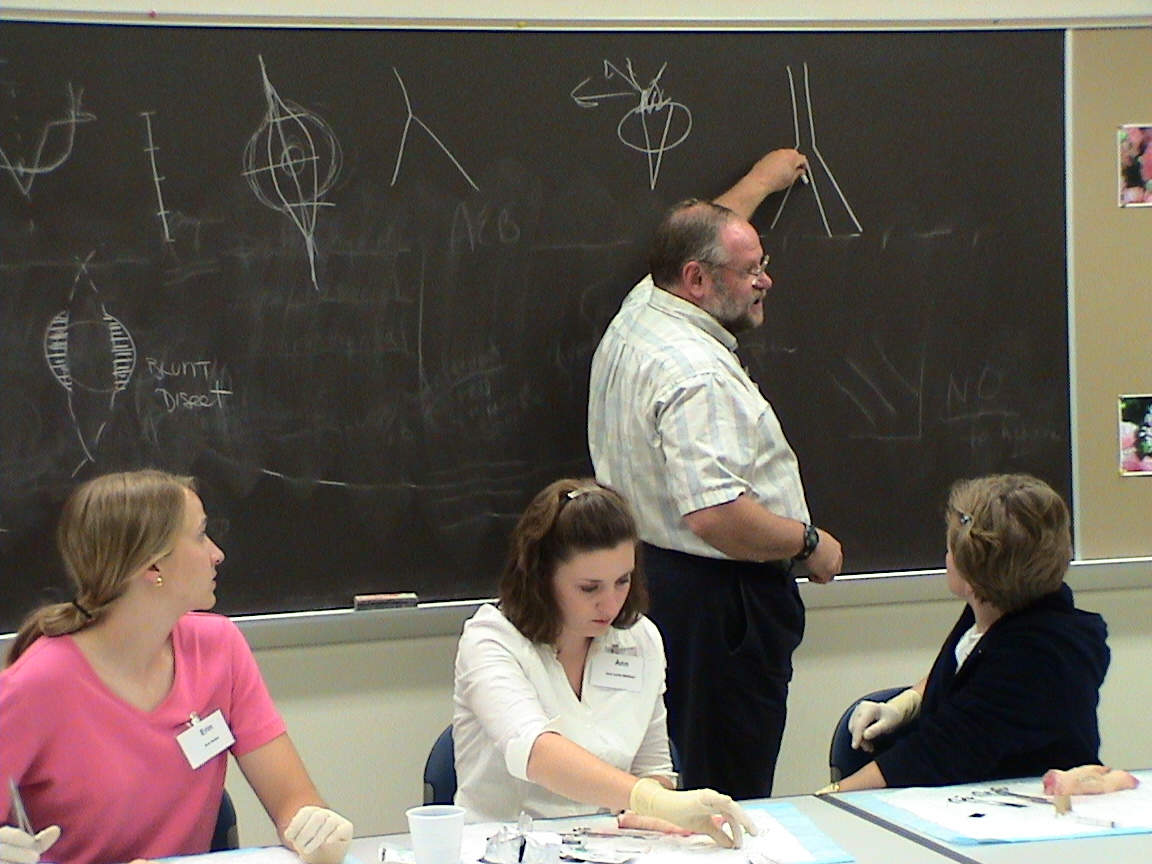
Since 2020, Dehn has served as the editor in chief of JAAPA, a position he has used to advocate for and elevate PAs. In that role, he has promoted PA research, raised the visibility of PA practice and policy issues, and pushed back on inaccurate assumptions about PAs. Over the years, he has held numerous other positions, including on research committees for AAPA, PAEA, and NCCPA; as a member of the editorial board and research editor for JAAPA; chair of the PAEA Research Mission Advancement Commission; president of the PA History Society; site visit chair for ARC-PA; and chair of the AAPA/PAEA Research Fellowship Advisory Committee.
Much of Dehn’s career has been dedicated to educating future PAs. “As a PA faculty, I discovered that if I could inculcate students with the desire to serve their patients and their communities, the impact on our society could be much greater than my efforts alone,” he says.
Currently, he is an emeritus professor in the Department of PA Studies at Northern Arizona University, and is a professor of practice in the Department of Biomedical Informatics at the University of Arizona College of Medicine-Phoenix. In his more than 40 years as a PA educator, Dehn has held faculty positions at the professor rank at Northern Arizona University, the University of Arizona, the University of California at Davis, and the University of Iowa.
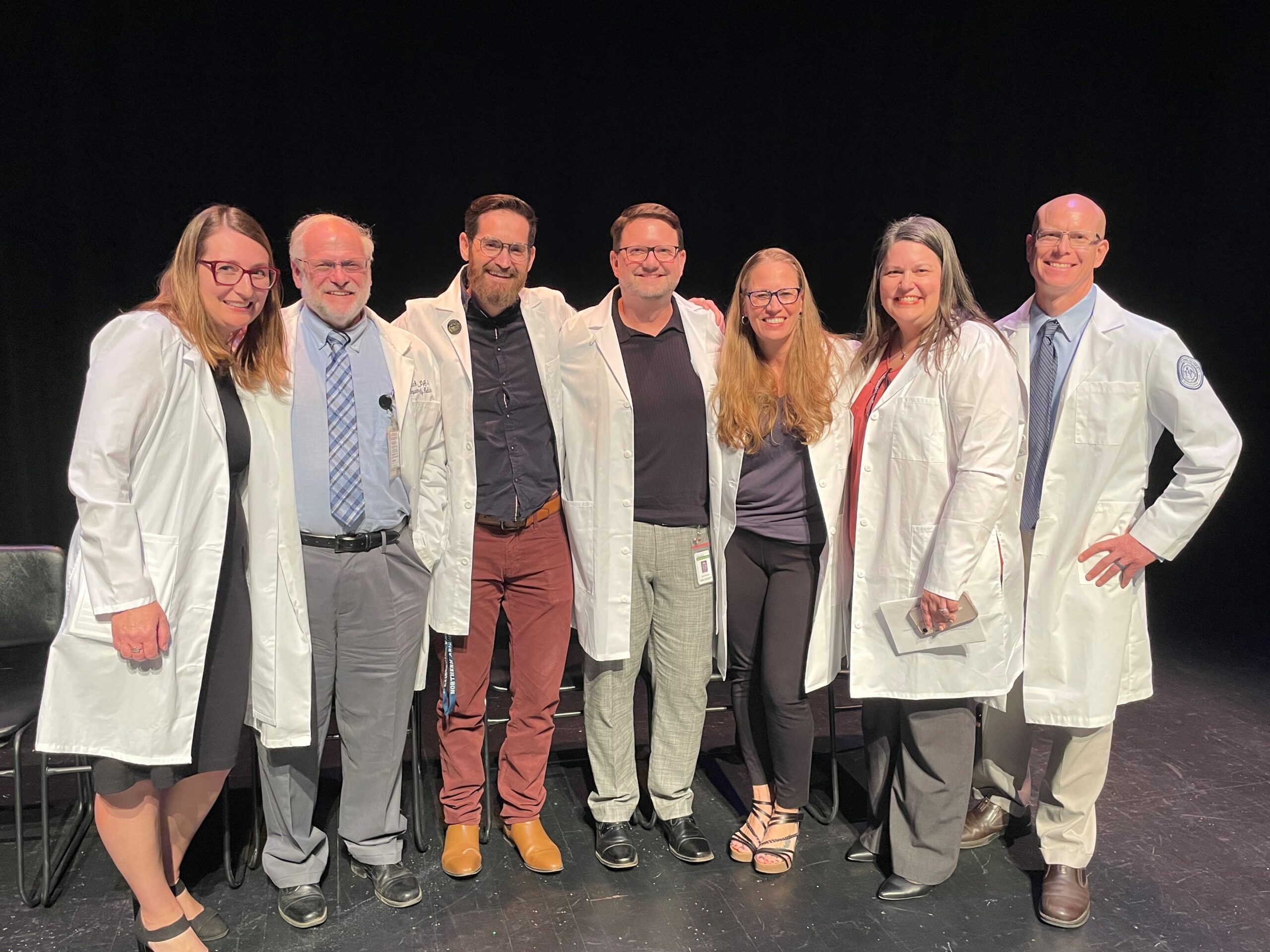
Perhaps most notably, he is the founding chair of the Northern Arizona University PA Program, where he established a culture of appreciation and commitment to underserved communities. The program was awarded PAEA’s 2019 Excellence Through Diversity Award, and has maintained a strong record of making PA education accessible, as well as producing graduates who fulfill the program’s mission by providing care in medically underserved settings.
“It has been remarkable to watch PA graduates make a big impact in their communities,” Dehn says. “I also discovered many decades ago that given chronic shortages of PA faculty that it was important for me to attract talented PAs to PA education, and mentor them to be our future leaders.”
Dehn is an AAPA Distinguished Fellow. His awards and professional recognitions include the AAPA Publishing Award, the PAEA Research Achievement Award, the Iowa PA Society PA of the Year Award, and the Arizona State Association of PAs Faculty Excellence Award.
Colleagues regard Dehn as one of the “leading scholars and thought leaders in the PA profession,” someone who has “influenced the lives and careers of countless PAs.” He has dedicated his career to treating the underserved, promoting PA research, and supporting future PAs, influencing
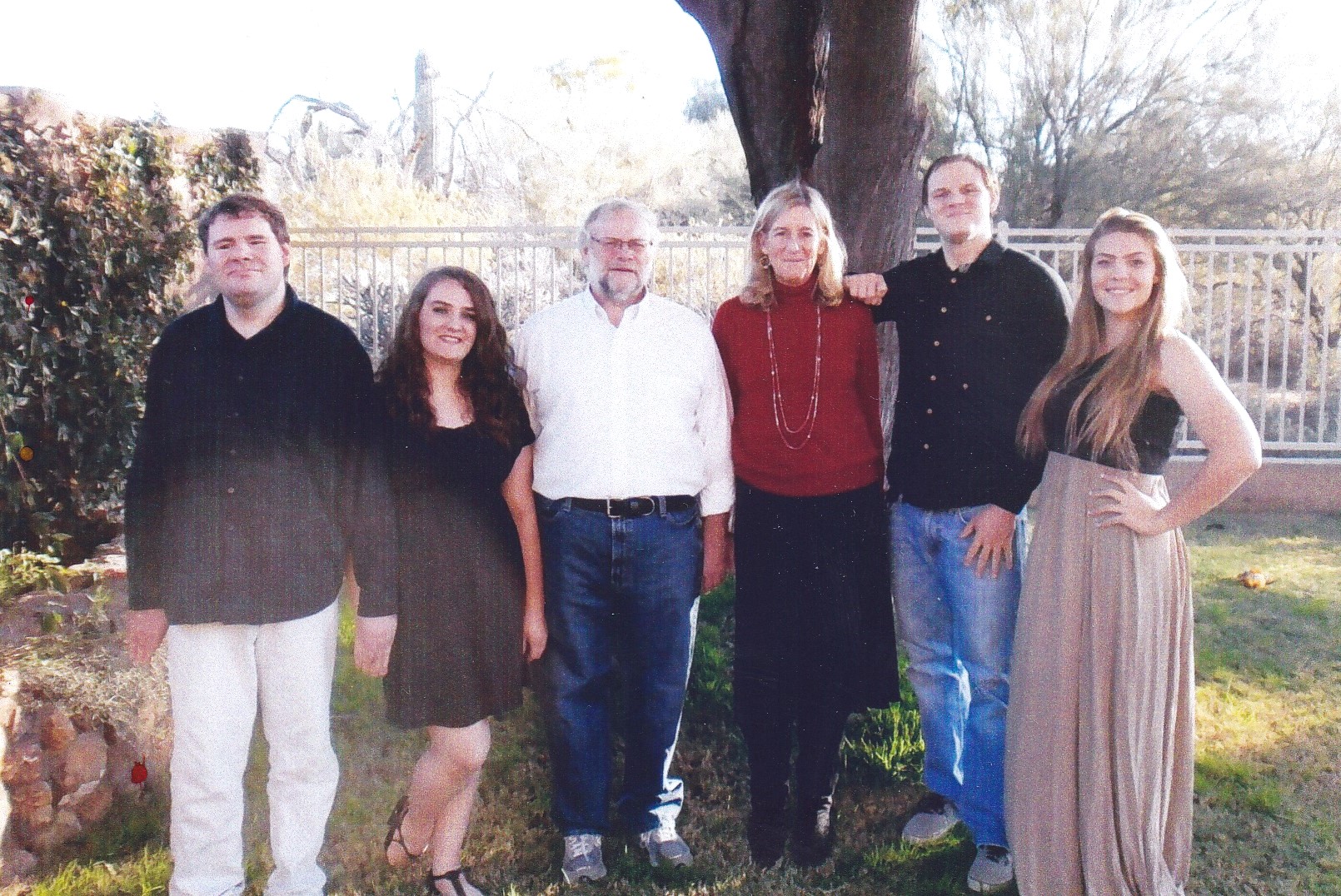
the profession for generations to come through what he calls “a truly rich and rewarding calling.”
“As a PA, one directly touches many aspects of our world—not only our patients’ health, but also our fellow providers, our aspiring students who will one day take care of us, the communities we live in and practice in, and much more,”
Dehn says. “As a PA, one can be more than a medical provider. When practicing medicine, one obviously utilizes the art and science of medicine, but additionally adds some sociology, psychology, economics, political science, anthropology, and many other disciplines. A rich environment, indeed.”
Sarah Blugis is AAPA’s Internal Communications Manager. She can be reached at [email protected].
Thank you for reading AAPA’s News Central
You have 2 articles left this month. Create a free account to read more stories, or become a member for more access to exclusive benefits! Already have an account? Log in.



